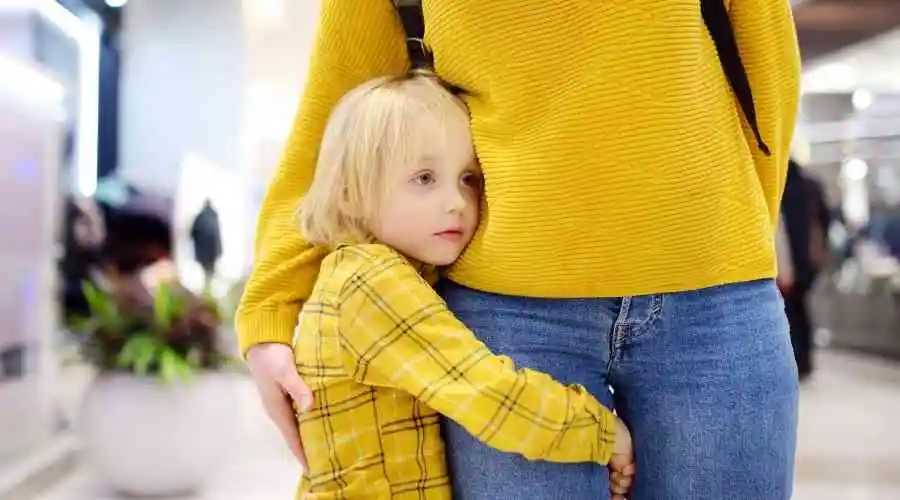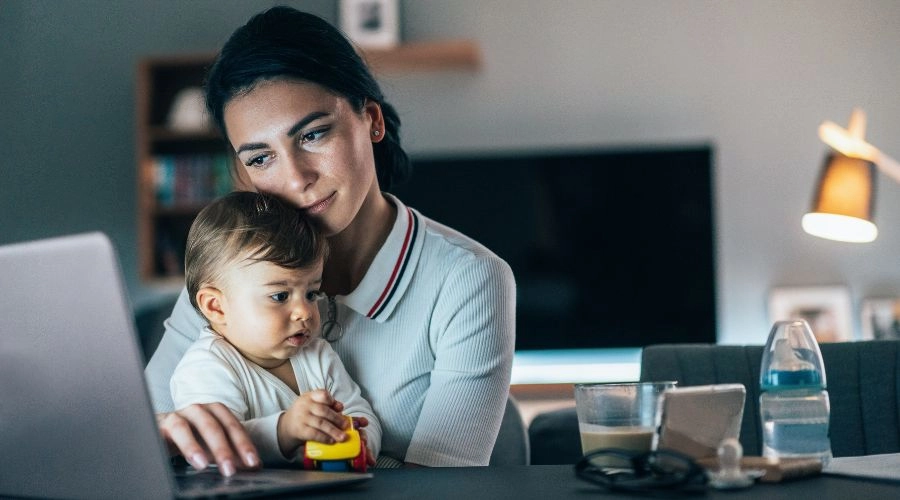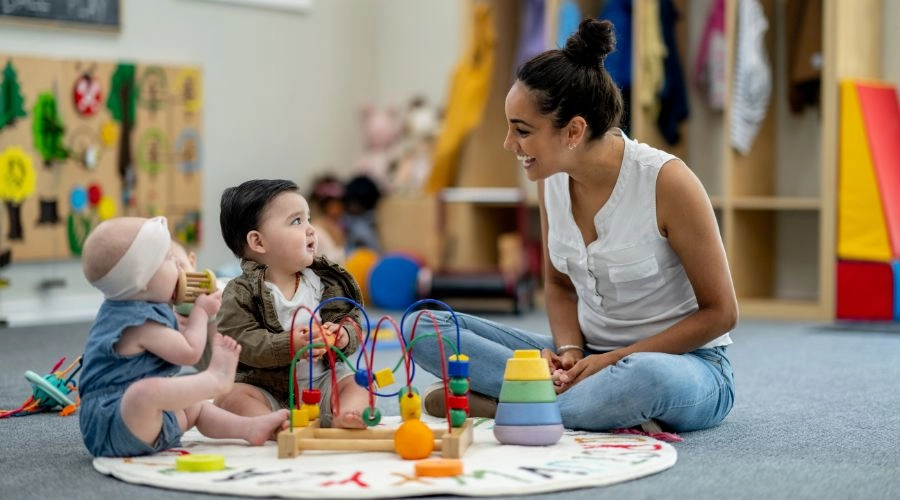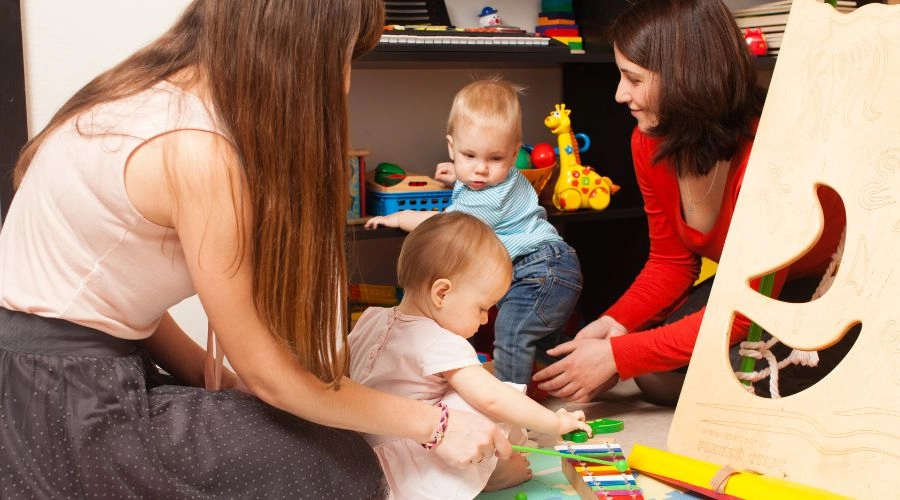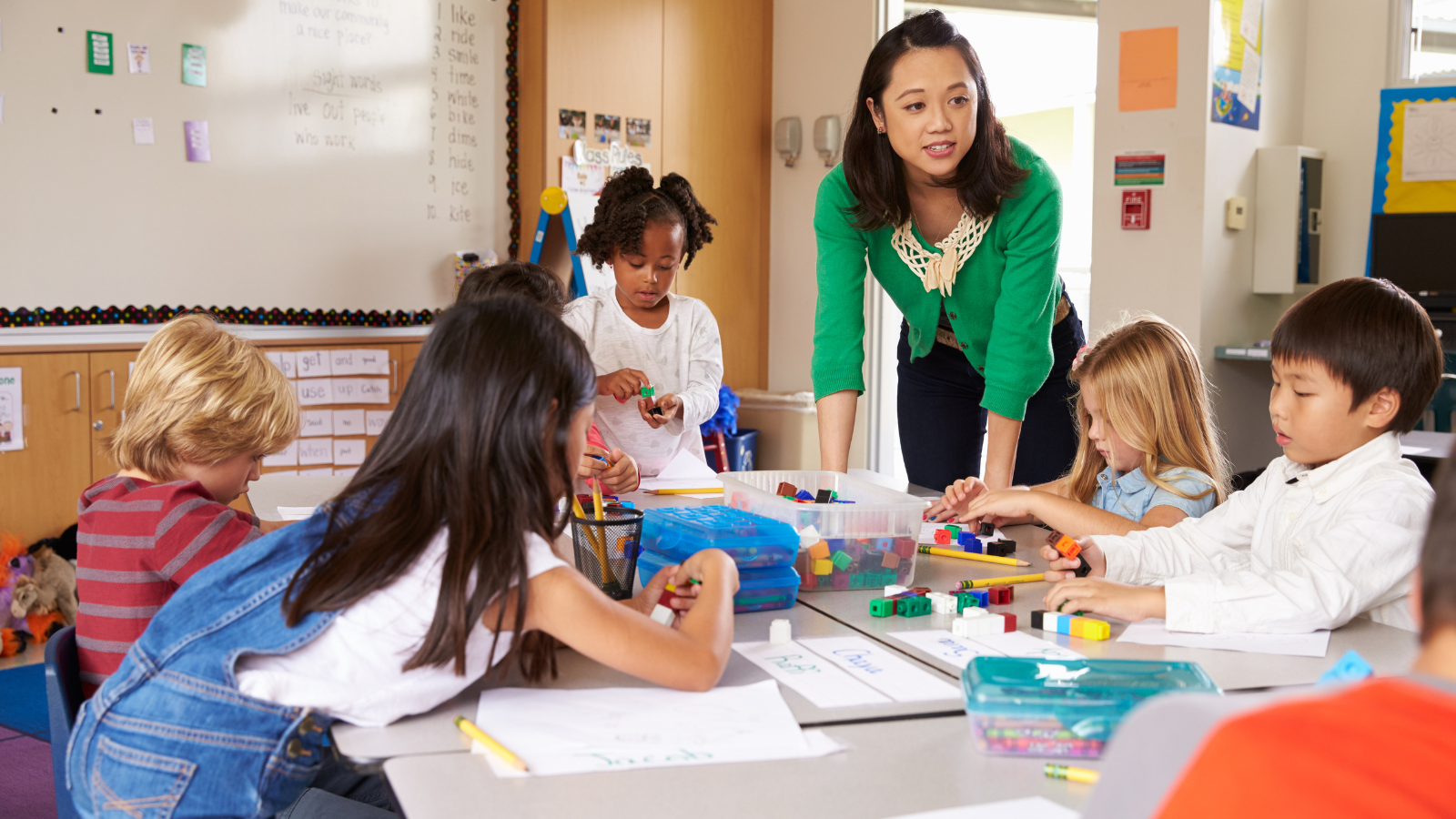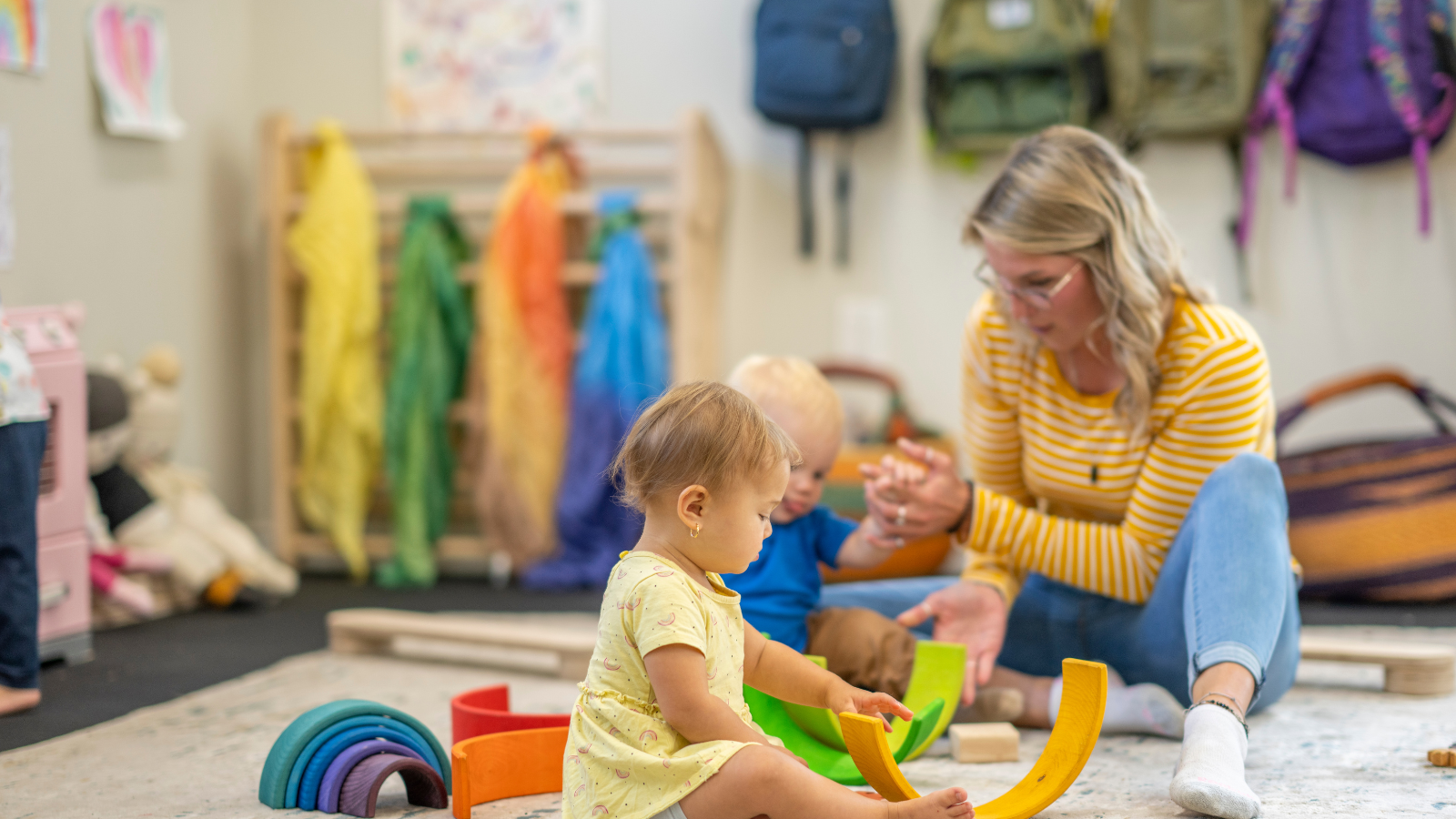If a kid is starting at a new facility or moving to a different classroom, it may be more difficult for parents to send their children off to school or daycare than it would normally be. Even while not all children experience what is known as separation anxiety, it is pretty typical for children to become teary-eyed when they have to say goodbye to their loved ones, especially if they are particularly close to them.
Even while it may be upsetting for parents to see their children struggle with separation anxiety, it is essential for families to bear in mind that this is a natural and healthy part of the maturation process.
In order to guide their child through this stage of development in a healthy manner, families need to get an understanding of the factors that contribute to their children’s feelings of anxiety when they are separated from one another as well as the strategies that work best for them as a unit.
Defining “Separation Anxiety”
When children are taken away from their primary caregivers—the people in their lives with whom they have the strongest trust bonds and with whom they are the most at ease—they are more likely to suffer from separation anxiety. This is because primary caregivers are the people in children’s lives with whom they have formed the deepest bonds of trust and with whom they are the most at ease.
This anxiety may be generated by a vast range of situations; but, at the end of the day, children suffer separation anxiety when they are taken away from their main daycare. This anxiety can be induced by a wide variety of conditions. It’s possible for parents to find themselves in this predicament whenever they leave the home, whether it’s for work, to take their kids to daycare, or even simply to go to the bathroom. If you try to leave the home while your child is in your care, they may get attached to you, start sobbing, or throw a fit if they become upset that you are leaving them.
There is a possibility that some children may never go through the feelings of anxiety that are associated with separation at all, while others will battle with these feelings starting as early as infancy and continuing through the preschool years. When children are taken away from their parents, they will experience anxiety, the intensity of which will depend on the child. For instance, some children may experience separation anxiety whenever their parents leave them, even if it is only to go to a different room in the house; other children, on the other hand, may only experience it whenever significant changes occur in their lives, such as when they begin attending a new school.
Strategies for Conquering the Fear of Being Alone
It may be quite unnerving for parents to see their kid become distressed when they leave, but there are a few things that can be done to assist lessen the separation anxiety that their child has when they are left alone.
- Prepare your kid in advance for any major life event that may cause them to experience separation anxiety, such as beginning at a new daycare facility, if you are aware that this kind of change is on the horizon for them. At Educational Playcare, we encourage families to plan visits prior to their children’s first day, so that their children may get accustomed to the surroundings as well as their instructors before they begin attending on a full-time basis. Your kid will have a better sense of belonging to a trustworthy community as a result of this, which is one of our Core Values.
- Establish speedy processes for your farewells. This may be anything as easy as using a nice farewell remark, providing your kid with a book and a blanket, or developing a unique handshake to use when you part ways with them. No matter what you decide, be sure that your farewell is brief and heartfelt. The longer you remain, the greater the likelihood that your kid may get distressed when it is time for you to go.
- Be consistent. Once you have established a plan for dropping off items, you should try your best to adhere to it on a daily basis. This may be difficult to accomplish at first, but ultimately your kid will grow to anticipate it during this time, and the constancy will make your child feel less anxious.
- Keep your commitments. Some parents find that reassuring their kids about when they will see them again is the best way to calm their nerves. If you choose to do so, it is imperative that you honor the commitments you have made to your kid since doing so will assist in the development of their trust and faith in you even when you are not there.
Separation Anxiety Disorder
It is important to understand that separation anxiety disorder is NOT a normal stage of development but rather a major emotional condition that is marked by intense suffering while a kid is away from the main caregiver. On the other hand, due to the fact that normal separation anxiety and separation anxiety disorder have many of the same symptoms, it may be difficult to determine whether or not your kid just needs more time and understanding, or whether they have a more severe issue.
The level of severity of your child’s anxieties and the question of whether or not these fears prevent them from engaging in typical activities are the primary factors that differentiate normal separation anxiety from a separation anxiety disorder. Children who suffer from separation anxiety disorder may experience agitation at the mere notion of being apart from their parents.
These children may even fake illness in order to avoid spending time with their peers or going to school. These apprehensions, when combined with other symptoms that are severe enough, may point to a problem. However, treatment for separation anxiety disorder is available, and it does not matter how distressed your kid is when they are apart from you. There is a wide variety of things that may be done to help a youngster feel more secure and reduce the anxiety associated with separation.
It is essential for parents to keep in mind that feeling anxious about being apart from their young children is a natural and perfectly acceptable component of their development. Talk to your child’s physician if you have any concerns about your child’s level of separation anxiety. Your child’s pediatrician will be able to give extra help and resources.

